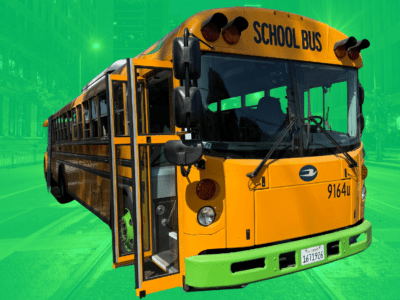Prods and Pleas/Stopgaps and Failsafes
In a recent article in the Yale Law Journal, Benjamin Ewing and Douglas Kysar discuss how other part of government can step in when Congress defaults on its responsibility to make public policy. Their article, Prods and Pleas: Limited Government in an Era of Unlimited Harm, focuses on the tort litigation involving climate change. Using this example, they delve into theories of separation of powers and show how overlapping powers can be used by courts to help prod Congress into action.
Although I agree with much of their theoretical framework, I have argued in response to the article that their emphasis is misplaced in two ways. First, the role of the courts in administrative and constitutional law is much more important, as a prod to other branches, than the judicial role in private law fields such as torts. Second, besides acting as prods to other branches, action by government units such as states can help fill the policy gap and have a direct impact on problems such as climate change.
The one thing that I think we can all agree on, sadly, is that Congress is now almost incapable of conducting routine business, let alone addressing urgent new policy issues in a constructive way.






Reader Comments